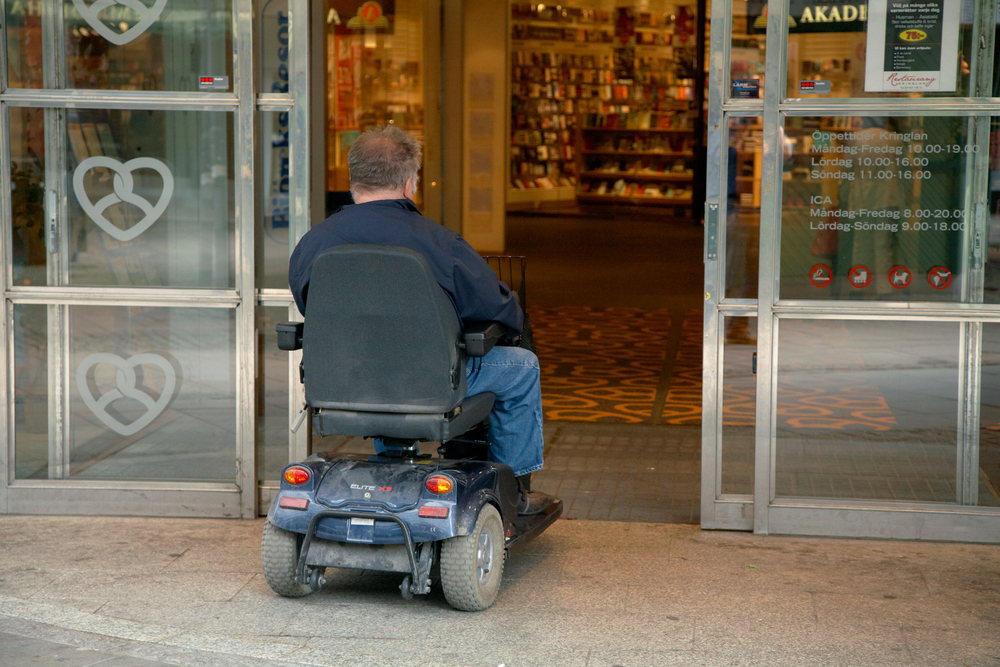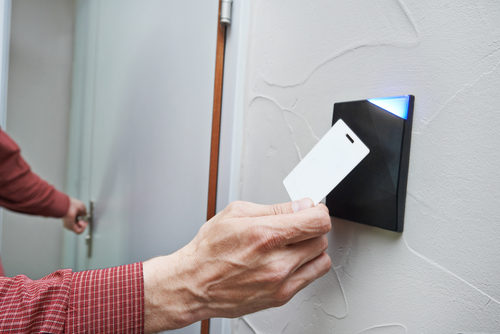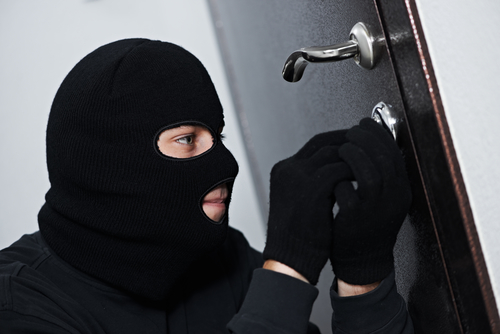 Along with owning a business comes many responsibilities. One of the most important, and often overlooked, is being sure your facility follows the Americans with Disabilities Act (ADA) compliance measures. It’s easy to let these details fall by the wayside, particularly if you’re leasing space. The assumption is that the builder would have followed ADA guidelines from the get go, but unfortunately this is not always the case.
Along with owning a business comes many responsibilities. One of the most important, and often overlooked, is being sure your facility follows the Americans with Disabilities Act (ADA) compliance measures. It’s easy to let these details fall by the wayside, particularly if you’re leasing space. The assumption is that the builder would have followed ADA guidelines from the get go, but unfortunately this is not always the case.
How can you be sure you’re compliant with these government mandated requirements? There are different rules for every area of a given structure, but let’s focus on one area where you can make an immediate difference, your doors.
ADA Door Accessibility Requirements
According to ADATA.Org, private and public facilities must have at least one door providing accessibility at these locations:
- Each accessible entrance (at least 60% of public entrances in newly built facilities must be accessible to individuals who use wheelchairs or have mobility impairments).
- Each tenant space in a mall or other building with multiple business tenants.
- Accessible rooms and spaces within buildings.
- Entrances to buildings from all parking structures, tunnels or elevated walkways.
- At least one restricted or secured entrance (if applicable).
- Along each building’s required route of escape or evacuation.
- Public entrances serving different fixed routes within transit facilities.
When gauging your business for ADA compliance, double check these common problem areas:
- Clear door width of 32 inches (clear width is measured between the face of the door itself and the opposite stop.)
- Hardware must require 5lbs of force or less to operate, be operable with one hand and not require tight grasping, pinching or twisting of the wrist
- Thresholds must not exceed ½ inch
- Ample maneuvering space which varies depending on door type and direction of approach.
Door Options
There are many different types of doors but not all of them are well suited for ADA compliance. For instance, revolving doors are energy efficient and add a nice look to your storefront, but may be difficult to operate for someone in a wheelchair.
The safest bet, although not required by the ADA, is to go with an automatic door system. Automatic doors are ideal since they require little to no effort to open. Motion activated doors provide the most convenience. Just be sure that if you choose an automatic swinging door (as opposed to a sliding or folding version) that the door swings away from the person activating it
You also have the option of adding an automatic door opener. Placing a manually operated door opener near a side-hinging door makes a big difference for handicapped individuals and takes you a step further toward being ADA compliant.
It’s not only customers with physical limitations that appreciate the added convenience of automatic doors. For an average individual, trying to access a traditional door while pushing a stroller and carrying shopping bags can be quite frustrating. Automatic doors help ensure all of your customers will enjoy a hassle free shopping experience.
For more information on automatic door installation in the Boston area, contact Kenny’s Lock.

 Making the upgrade from the traditional lock and key system to a more secure access code system is a smart move for the majority of business owners.
Making the upgrade from the traditional lock and key system to a more secure access code system is a smart move for the majority of business owners. As criminals continue to become craftier perpetrators, the general population finds themselves needing to stay apprised of the latest craze in the criminal underground. One of the more recent techniques offenders use to gain access to your home or business is via lock bumping.
As criminals continue to become craftier perpetrators, the general population finds themselves needing to stay apprised of the latest craze in the criminal underground. One of the more recent techniques offenders use to gain access to your home or business is via lock bumping. Knowing whether or not you’re in the clear to make a copy of a “do not duplicate” key feels a lot like deciding if it’s truly illegal to take the tags off your mattress. Is it purely a suggestion? Could I really get into trouble for this? As it pertains to keys, the answer is that it depends.
Knowing whether or not you’re in the clear to make a copy of a “do not duplicate” key feels a lot like deciding if it’s truly illegal to take the tags off your mattress. Is it purely a suggestion? Could I really get into trouble for this? As it pertains to keys, the answer is that it depends.  With all of the things to consider when it comes to running a business, you may not have given too much thought to your doors. Take a moment to notice over the next few days how many times a customer or employee approaches your doors with their hands full, leaving them to juggle what they’re holding to get inside.
With all of the things to consider when it comes to running a business, you may not have given too much thought to your doors. Take a moment to notice over the next few days how many times a customer or employee approaches your doors with their hands full, leaving them to juggle what they’re holding to get inside.